Antibiotics had a great impact on lifespan and quality of life. Yet, more strains of bacteria are becoming resistant to antibiotics.
Studies on CBD have shown that cannabinoids interrupt bacteria’s treatment resistance. They also contain phytochemicals that prevent drug resistance.
It may surprise anyone who isn’t an infectious disease expert that methicillin-resistant staphylococcus aureus (drug-resistant bacteria), more commonly referred to as MRSA, kills more people per year than HIV. Behind MRSA’s deadliness is the growing issue of drug-resistant bacteria. While the discovery of new classes of antibiotics has leveled off over the past decades, the number of infectious bacteria that have grown resistant to modern medicine has increased sharply.
However, there is a new tool that may help reduce the resistance of bacteria: CBD oil. Recent studies show that using CBD or cannabis for preventing drug resistance may help stymie this growing concern.
Perhaps no discovery has had a greater impact on the lifespan and quality of life of people everywhere than antibiotics. Before antibiotics, a small cut on the very tip of a finger could spell doom for someone if the cut encountered any number of bacteria. After antibiotics became widespread, though, this small cut would be treated as it is today, with minor bandaging.
However, just as all living things evolve, so do bacteria. As more strains of bacteria become resistant to modern medicine, we find ourselves with an increasing amount of deaths due to simple infections.
Recent studies have started to lay out the promise of cannabinoids, CBD particularly, to help impede the tide of this growing issue. In these studies, scientists found that cannabinoids interrupt bacteria’s antibiotic treatment resistance.
Further, CBD oil contains phytochemicals that prevent drug resistance. These early studies help demonstrate that cannabinoids may play a key role in keeping people safe and, at the very least, give scientists more time to discover more antibacterial treatment options or even a new class of antibiotics. If you’re dealing with an infection that’s proven resistant to current treatment options, make sure to discuss the possibility of CBD with your doctor. They can help determine if CBD should be considered as an alternative or supplement to your current medicinal regiment.

Therapeutic Uses of CBD Managing Chronic Pain with CBD Struggling with chronic pain? CBD might help. Studies suggest it can reduce inflammation and alleviate discomfort,...
Read More
Cannabis has been used for millennia to treat numerous health conditions. Current research offers promising results on the effects of CBD oil on breast cancer.
Read More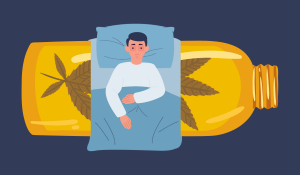
If you've ever wondered about using CBD for insomnia, you should know how CBD helps anxiety, stabilizes your sleep-wake cycle, and makes falling asleep easier.
Read More
CBD-infused salad dressing: Imagine a fresh, crisp salad enhanced with a light, herbaceous vinaigrette containing your daily dose of CBD. To create this, you’ll need...
Read More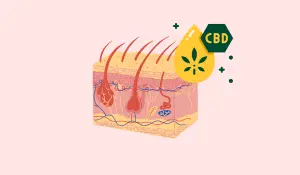
1. What Is CBD and Why Is It a Game-Changer for Skin Health? CBD (cannabidiol) is a natural compound extracted from the hemp plant. Unlike...
Read More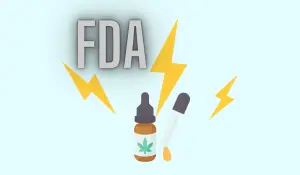
The Legal Landscape of CBD The 2018 Farm Bill and Its Impact The signing of the Agriculture Improvement Act of 2018, commonly known as the...
Read More
Breakthrough #1: CBD’s Role in Chronic Pain Relief Chronic pain robs people of precious moments. A 2021 study in the Journal of Pain Research highlights...
Read More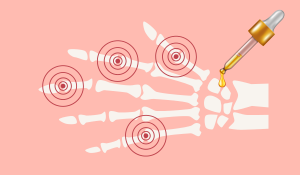
Understanding Arthritis Pain Arthritis is a chronic condition that affects daily activities, from opening jars to taking walks. Here’s a look at the two most...
Read More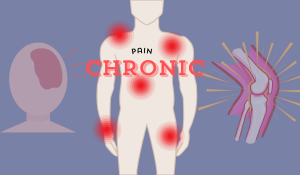
Types of Pain CBD May Alleviate CBD shows promise in managing various types of pain: CBD vs. Traditional Painkillers Traditional painkillers like opioids can be...
Read More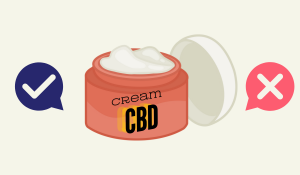
CBD Cream Side Effects – Focusing on Topical Applications How CBD Creams are Made Ever wondered how CBD creams come to life? It’s a fascinating...
Read More